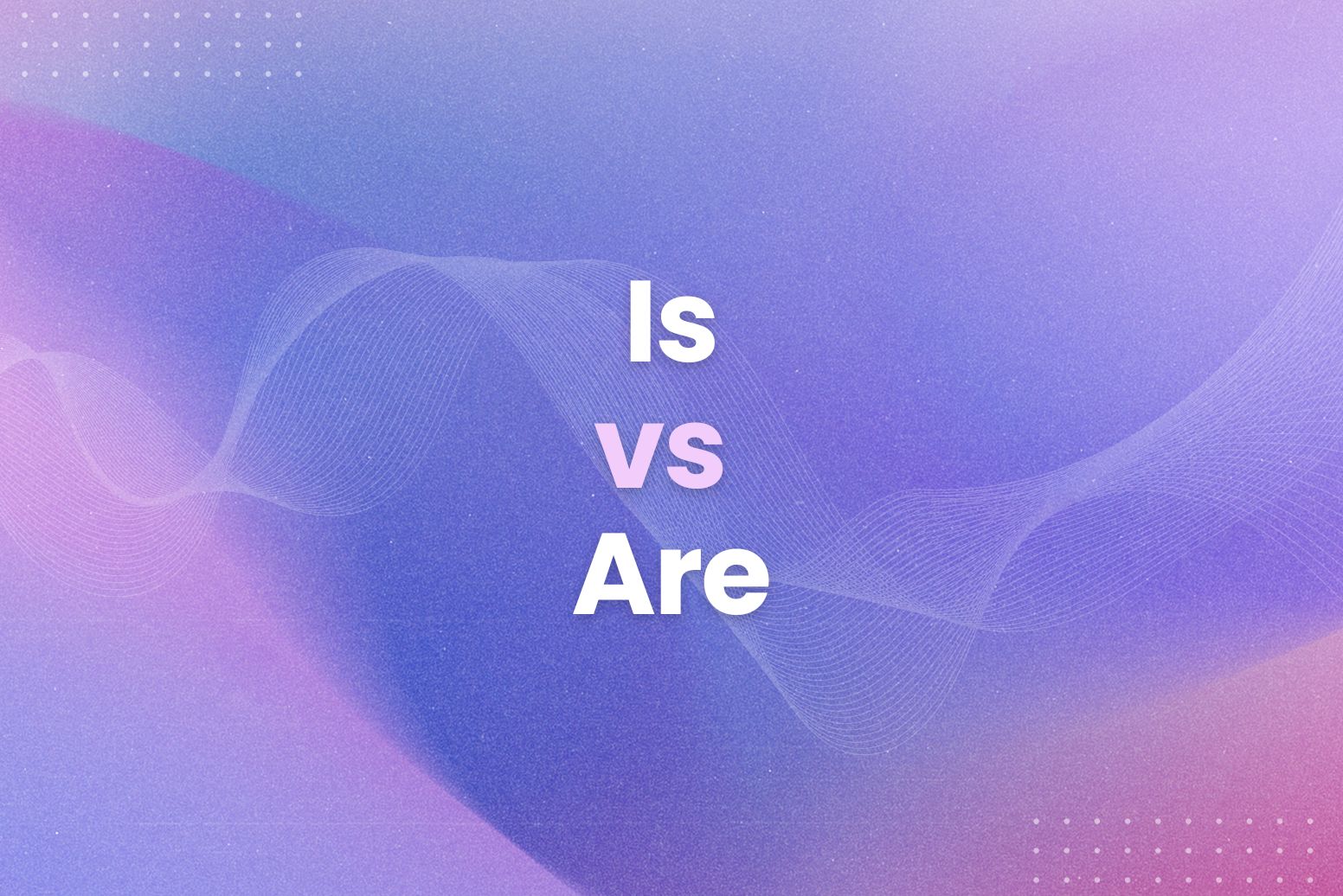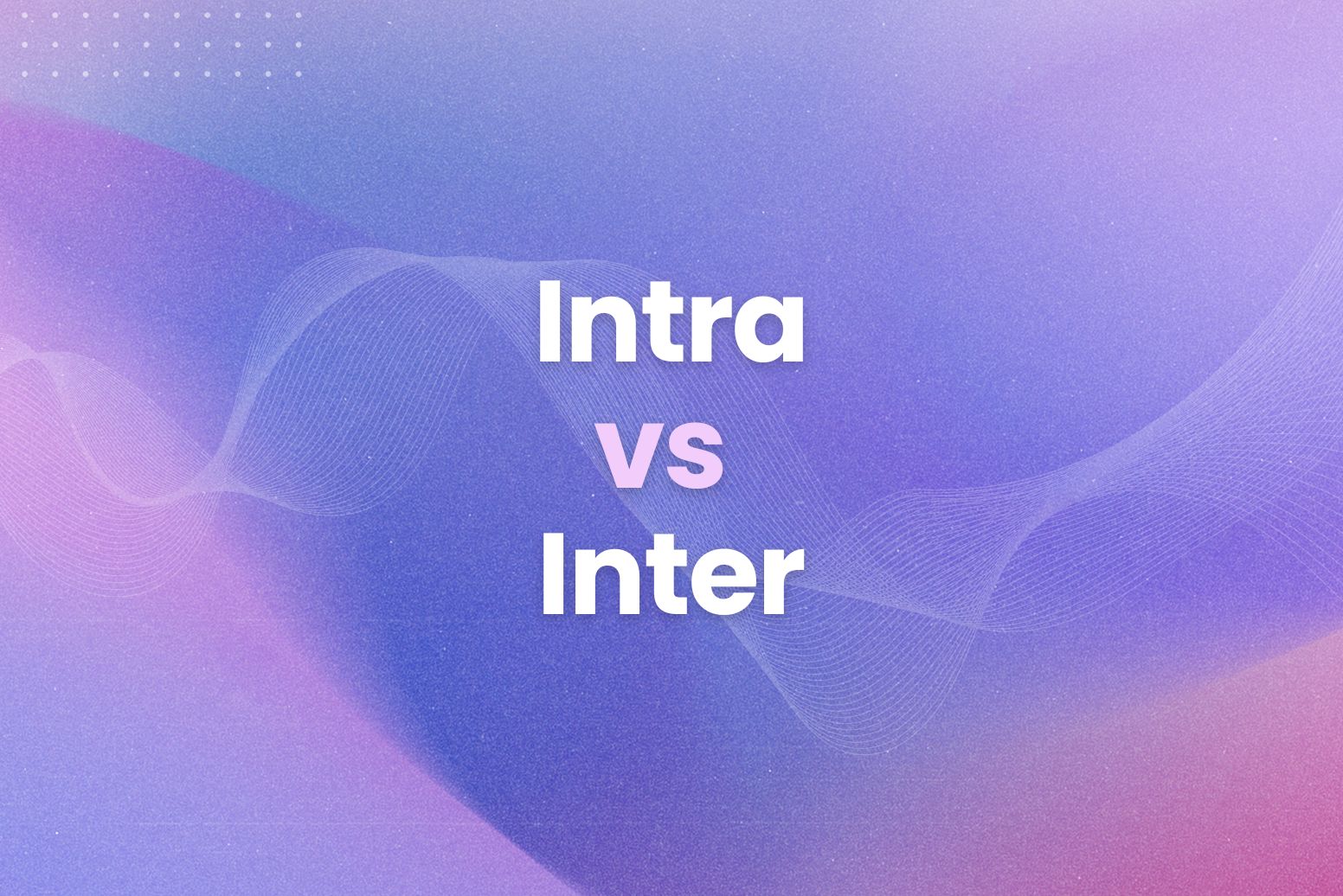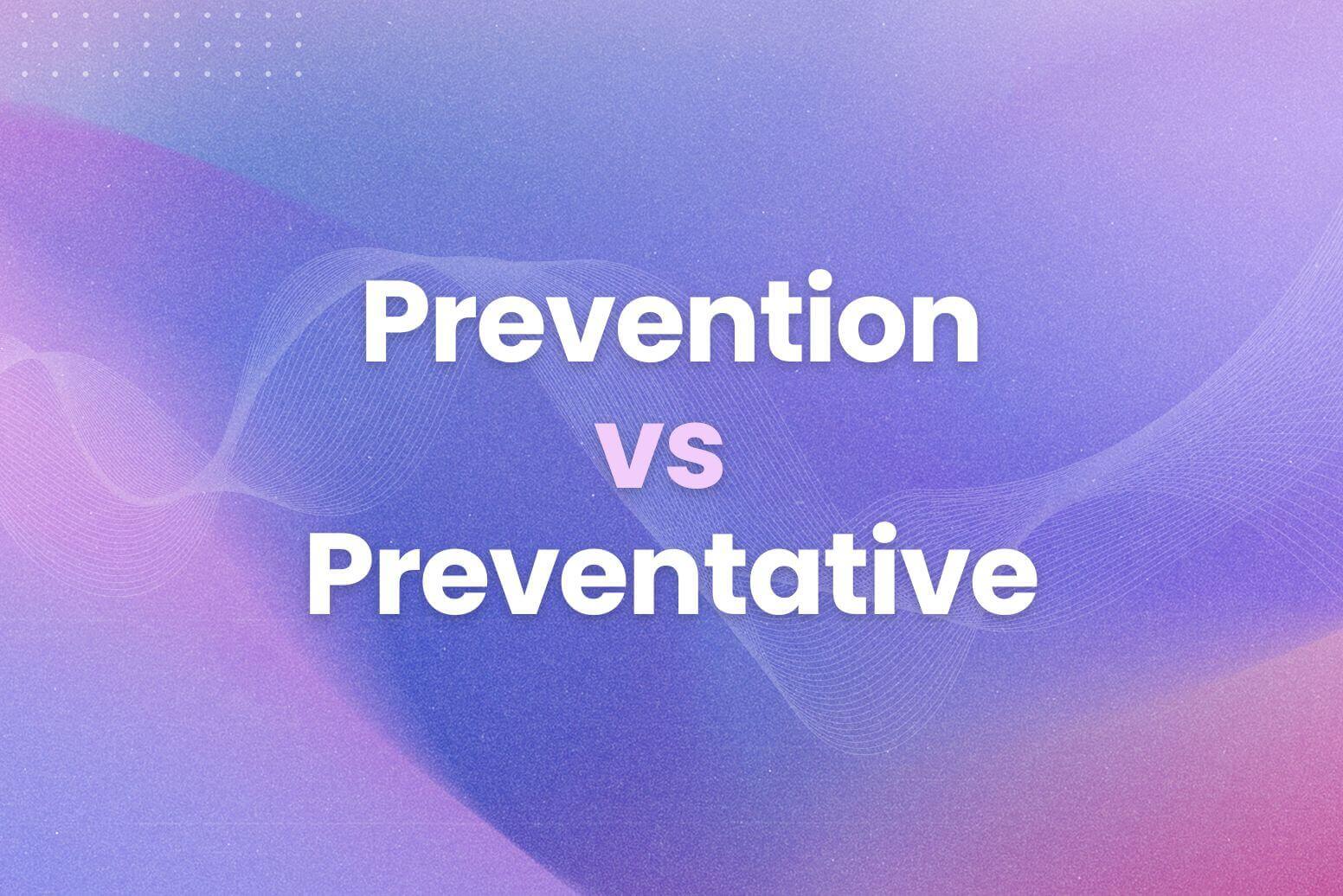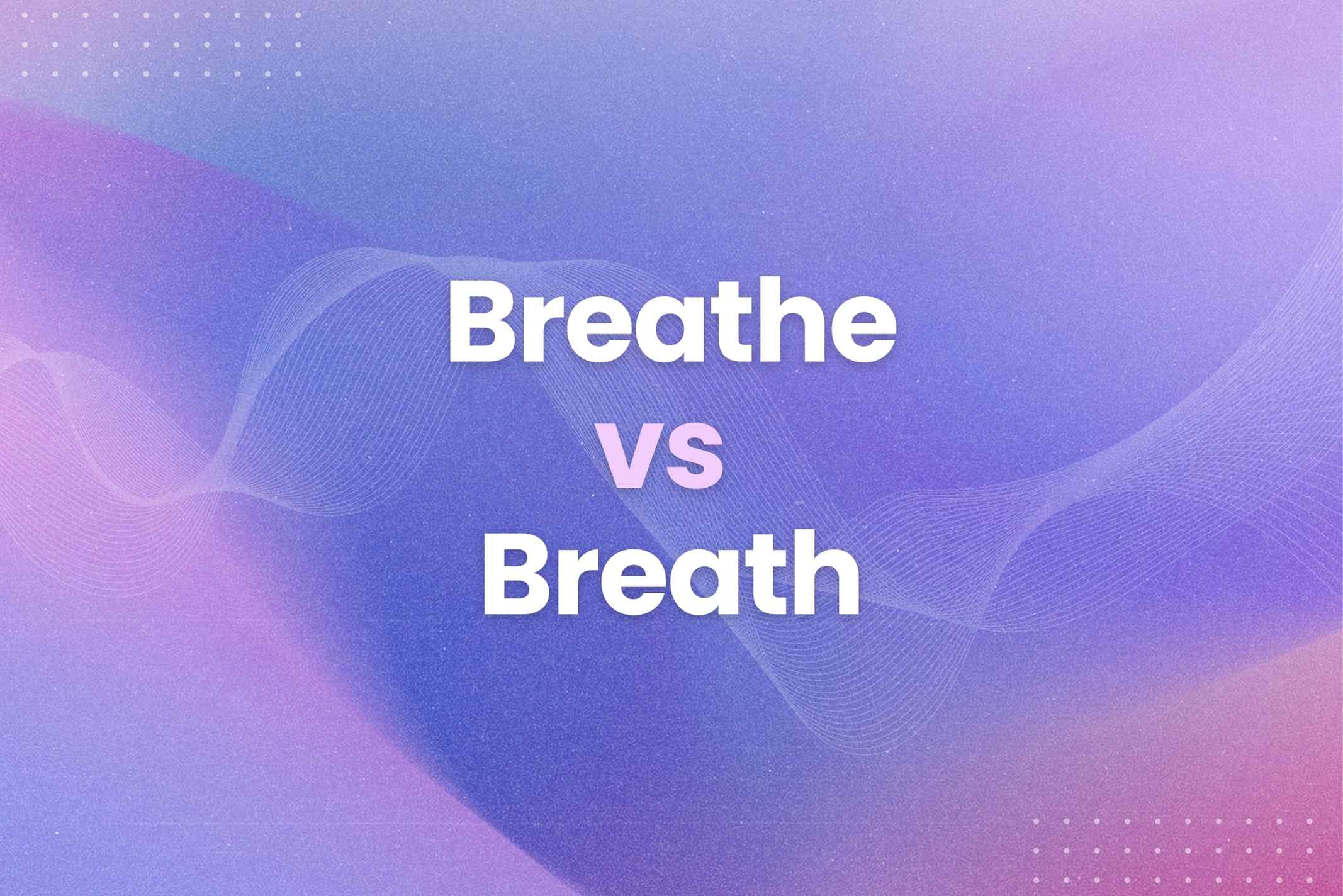Introduction
Have you ever stopped mid-sentence, wondering whether it’s “is” vs “are”? You’re not alone—this tiny grammar detail trips up even the most confident writers. The difference might seem simple (singular vs. plural, right?), but throw in collective nouns, tricky phrases, or casual conversations, and things can get confusing fast.
Here’s the good news: mastering “is vs. are” isn’t as daunting as it seems. Whether you’re writing an email, crafting a story, or just trying to avoid that grammar police side-eye in conversations, this guide has everything you need to know. And if you ever get stuck, let Arvin AI’s Grammar Checker save the day—it’s fast, easy, and always there when you need it.
Definition of Is vs Are
What Is the Meaning of “Is”?
“Is” is the go-to word when you’re talking about one person, thing, or idea. It’s a singular form of the verb “to be” and acts as the bridge between the subject and whatever you’re saying about it.
- “The dog is barking.” (Just one dog here, so is works.)
It also works with ideas or concepts that can’t be counted:
- “Patience is a virtue.”
When you’re asking questions or being a little negative, “is” often moves to the front of the sentence or teams up with not:
- “Is he joining us for dinner?”
- “The laptop is not charged.”
What Is the Meaning of “Are”?
“Are” steps in when you’re dealing with more than one person, thing, or idea. It’s the plural version of “is” and connects the subject to its description or action.
- “The kids are playing outside.” (More than one kid means you use are.)
Here’s a twist: “Are” also pairs with the pronouns “you” and “we,” even though those don’t always feel plural.
- “You are invited to the party.”
- “We are thrilled to see you!”
Like “is,” you’ll find “are” leading questions or working with negatives:
- “Are they ready for the meeting?”
- “The flowers are not blooming yet.”
Is vs Are Grammar
The difference between “is” vs “are” is one of the cornerstones of English grammar: subject-verb agreement. Simply put, the verb has to match the subject in number—whether it’s singular or plural.
When to Use “Is”?
Singular Subjects:
Use “is” when you’re talking about one person, thing, or idea.
- “That new Marvel movie is all anyone can talk about—tickets sold out in a flash.”
- “Taylor Swift is on tour right now, and tickets are impossible to get.”
Uncountable Nouns:
If the subject is something you can’t count, like water, air, or happiness, stick with “is.”
- “Water is essential for life.”
- “Happiness is all I need after a long day.”
- “Patience is like waiting for the next season of Stranger Things—it takes forever, but it’s worth it.”
Collective Nouns (Singular Context):
Use “is” when a group is being treated as one unit.
- “The team is celebrating its victory tonight.”
- “The Avengers is a fantastic movie franchise.”
- “The cast of Euphoria is preparing for another unforgettable season.”
Starting Sentences with “There” or “Here” (Singular):
Use “is” if the subject that follows is singular.
- “There is a great opportunity waiting for you.”
- “Here is the information you requested.”
- “There is only one slice of pizza left—better grab it before someone else does.”
When to Use “Are”?
Plural Subjects:
Use “are” when the subject refers to more than one person, thing, or idea.
- “The students are working on their group project.”
- “The Kardashians are back with another season of drama.”
- “The Jonas Brothers are back on tour, and the nostalgia is real.”
Pronouns Like “You,” “We,” and “They”:
Even if it feels singular, “are” is always correct with these pronouns.
- “You are going to love this new show on Netflix.”
- “We are planning a surprise party for her birthday.”
Collective Nouns (Plural Context):
When you treat the group as individuals, go with “are.”
- “The musicians are tuning their instruments—it’s almost showtime.”
- “The staff are discussing their schedules for next week.”
- “The Beatles are iconic for their individual talents and contributions.”
For Starting Sentences with “There” or “Here” (Plural):
Use “are” when referring to a plural subject.
- “There are many reasons to visit Paris in the spring.”
- “Here are the books you requested from the library.”
- “Here are the keys you’ve been looking for—finally!”
- “There are so many memes about Pedro Pascal right now, and every single one is hilarious.”
“Is vs Are” Confusing Mistakes to Avoid
Collective Nouns:
Collective nouns like team, band, or family can be tricky because they’re treated differently in American and British English.
In American English, collective nouns like family or team are often treated as singular:
- “The family is going on vacation next week.”
- “The cast of Stranger Things is gearing up for the final season—it’s bittersweet for the fans.”
In British English, they’re more likely to be plural:
- “The family are arguing about where to go.”
- “The cast of Doctor Who are known for constantly changing, but the excitement always stays the same.”
Compound Subjects with Either/Or, Neither/Nor:
The verb agrees with the subject that’s closer to it—think of it as the last piece of the puzzle that sets the tone.
- “Either the teacher or the students are responsible for decorating the classroom.”
- “Neither the lights nor the sound system is working. It’s like a concert nightmare!”
- “Neither the coffee nor the pastries are fresh anymore—time for a café upgrade!”
There Is vs. There Are:
Use “there is” for singular subjects:
- “There is a big storm headed our way.”
- “There is only one Beyoncé, and we’re all just living in her world.”
Use “there are” for plural subjects:
- “There are plenty of cookies left in the jar.”
- “There are endless TikTok trends I can’t keep up with—do I even try anymore?”
Understanding the rules behind “is” and “are” isn’t just about grammar; it’s about making your sentences sound natural and polished. If you’re describing something like Taylor Swift’s Eras Tour (“The audience is electric.”) or a massive Comic-Con lineup (“There are hundreds of fans dressed as Spider-Man.”), knowing which verb fits makes all the difference.
Still unsure? Let Arvin AI’s Grammar Checker handle the heavy lifting for you.
Examples of “Is”
Singular Subjects
“Is” works for one person, thing, or idea.
- “Zendaya is the ultimate fashion icon. Every time she steps onto a red carpet, it feels like a masterclass in elegance.”
- “The book you mentioned is now a Netflix series. Guess I need to read it before the spoilers hit my feed.”
Uncountable Nouns
“Is” pairs perfectly with things that can’t be counted, like concepts or materials.
- “Time is such a mystery—it feels endless when you’re waiting for a Marvel post-credit scene but flies by during the actual movie.”
- “Flour is everywhere in the kitchen after my failed attempt at making sourdough. It’s like a baking crime scene in there.”
Collective Nouns (Singular)
When describing a group acting as a single unit, use “is.”
- “The jury is still deliberating on the case—it feels like a scene straight out of a legal drama.”
- “The band is back together after five years apart, and fans can’t stop crying happy tears.”
“There” or “Here” with Singular Subjects
When the subject is just one thing, “is” steps in.
- “Here is your jacket—I found it stuffed under the couch cushions.”
- “There is one slice of cake left, and honestly, it’s calling my name.”
Examples of “Are”
Plural Subjects
When there’s more than one subject, “are” is your go-to.
- “The books you lent me are stacked on my nightstand, waiting for a quiet weekend binge.”
- “The stars tonight are so bright—it’s like the universe decided to flex its artistic side.”
Pronouns Like “You,” “We,” and “They”
These pronouns always pair with “are,” no exceptions.
- “You are so much better at solving puzzles than I am—seriously, how did you finish that escape room in under an hour?”
- “We are heading to the concert tonight! Do you want to join us for the pre-show meet-up?”
- “They are all hyped for the soccer match tomorrow—it’s going to be the event of the season.”
Collective Nouns (Plural)
If a group’s actions highlight the individuals in it, “are” takes over.
- “The Beatles are often celebrated not just for their music as a band, but for their individual creative genius.”
- “The committee members are sharing their ideas for the event, and it feels like a brainstorming frenzy in there.”
“There” or “Here” with Plural Subjects
“Are” steps up when you’re pointing out multiple things.
- “There are so many incredible art pieces in this gallery—I don’t even know where to start.”
Is vs Are Sentences
For Singular Subjects
Singular Subjects
- “The final scene in Breaking Bad is unforgettable—it’s a masterclass in storytelling.”
- “This bagel is the best thing I’ve eaten all week—it’s simple but perfect.”
Uncountable Nouns
- “Patience is like a muscle—the more you use it, the stronger it gets.”
- “Hope is what keeps us going, even when the odds are stacked against us.”
Collective Nouns (Singular)
- “The team is practicing hard for the championship game next week—it’s all hands on deck.”
- “The audience is hanging onto every word—it’s like watching magic happen live.”
“There” or “Here” with Singular Subjects
- “There is a new café down the street that everyone’s raving about.”
- “Here is the invitation to the party—you should totally come!”
For Plural Subjects
- “The new Marvel movies are bringing back some iconic characters—fans couldn’t be happier.”
- “Those sunflowers in the field are so bright they almost don’t look real.”
Pronouns Like “You,” “We,” and “They”
- “You are always finding the coolest places to eat—how do you do it?”
- “We are planning a trip to Paris next summer—it’s been on the bucket list forever.”
- “They are already at the venue, waiting for the concert to start.”
Collective Nouns (Plural)
- “The writers are brainstorming ideas for the new season—it’s exciting to see creativity in action.”
- “The volunteers are working tirelessly to organize the charity event—it’s inspiring to watch.”
“There” or “Here” with Plural Subjects
- “There are so many new books on my to-read list—it’s starting to get out of hand.”
- “Here are the notes from the meeting—they’re packed with useful details.”
When to Use “Are” with Plural Subjects
Plural Nouns
When the subject is more than one person, thing, or idea, “are” is the correct choice.
- “The books on the shelf are all classics—they’re worth every second of your time.”
- “The stars in the night sky are breathtaking—it feels like something out of a movie.”
Pronouns “We,” “They,” and “You”
Even if they feel singular sometimes (especially “you”), these pronouns always take “are.”
- “You are the highlight of every party—how do you manage to be so fun?”
- “We are hosting a game night on Friday—bring your A-game!”
- “They are working on a surprise project that has everyone curious.”
Collective Nouns (Plural Context)
When a group’s members are being referred to individually, “are” takes the lead.
- “The committee members are divided on the decision—it’s a tough call.”
- “The Beatles are remembered not just as a band but as individual legends.”
Starting with “There” or “Here” for Plural Subjects
When pointing to multiple things, “are” steps in to match the plural subject.
- “There are dozens of ideas floating around for the party theme.”
- “Here are the concert tickets you asked for—let’s make it a night to remember.”
When to Use “Is” with Seemingly Plural Subjects
Uncountable Nouns
Some nouns that seem plural (like water, furniture, or news) are actually uncountable and always take “is.”
- “The furniture in the new apartment is modern and chic.”
- “Breaking news is spreading fast across social media.”
Collective Nouns (Singular Context)
If the group acts as a single unit, use “is.”
- “The team is celebrating its hard-earned victory—it’s been a long journey.”
- “The family is planning a big reunion next month—everyone’s excited.”
Special Cases to Watch For
Compound Subjects with “Either/Or” or “Neither/Nor”
The verb agrees with the subject closest to it.
- “Either the teachers or the students are responsible for cleaning up after the event.”
- “Neither the cats nor the dog is making a sound—it’s suspiciously quiet.”
Mixed Singular and Plural Subjects
When a sentence combines singular and plural subjects, the verb matches the closest subject.
- “The lights in the room and the lamp are flickering—it’s time for an electrician.”
- “The lamp and the lights in the room is out of order.”
Is vs Are in Subject-Verb Agreement
Understanding when to use “is” or “are” boils down to matching the verb to the subject—a key principle of subject-verb agreement.
| Context | Use “Is” | Use “Are” |
| Singular Subjects | One person, thing, or idea. | Not applicable. |
| “The cat is sleeping.” | ||
| Plural Subjects | Not applicable. | More than one person, thing, or idea. |
| “The cats are playing.” | ||
| Uncountable Nouns | Things you can’t count, like water or time. | Not applicable. |
| “Time is running out.” | ||
| Pronouns (You, We, They) | Not applicable. | Always use “are.” |
| “We are excited to start.” | ||
| Collective Nouns | When acting as one unit. | When focusing on individuals. |
| “The team is ready.” | “The team are sharing their ideas.” | |
| There/Here (Singular) | When introducing one thing. | When introducing multiple things. |
| “There is a car outside.” | “There are cars in the driveway.” | |
| Either/Or, Neither/Nor | Verb agrees with the closest subject if singular. | Verb agrees with the closest subject if plural. |
| “Neither the book nor the pen is missing.” | “Either the kids or the parents are ready.” |
Has vs Have
When to Use “Has”
For Singular Third-Person Subjects
Use “has” when the subject is a singular third person: he, she, it, or a singular noun.
- “Taylor Swift has an album for every mood—it’s like she reads our minds.”
- “The new phone has features that make it feel like a mini-computer.”
When the Subject Is a Singular Collective Noun
If a group acts as one unit, “has” works.
- “The team has a big game tomorrow—it’s going to be intense.”
- “The jury has reached its verdict after hours of debate.”
When Referring to Time or Experiences
Use “has” to show possession or describe events in singular contexts.
- “He has been to Tokyo twice, and he still can’t stop raving about the food.”
- “This movie has such a gripping storyline—it keeps you hooked until the end.”
When to Use “Have”
Plural Subjects
“Have” matches plural subjects like we, they, or plural nouns.
- “We have tickets to the concert tonight—let’s go early to grab good seats!”
- “The students have been working on their group project for weeks.”
First-Person and Second-Person Singular
Both I and you take “have,” even though they feel singular.
- “I have so much homework to finish, but all I want is a nap.”
- “You have the best recommendations for food spots—where’s next?”
Plural Collective Nouns
If the group’s members are treated as individuals, “have” fits.
- “The Avengers have been through so many battles, yet they keep saving the day.”
- “The staff have voiced their opinions on the new policy.”
| Context | Use “Has” | Use “Have” |
| Singular Third Person | “She has a knack for making everything look easy.” | Not applicable. |
| Plural Subjects | Not applicable. | “The kids have been playing outside all day.” |
| I and You | Not applicable. | “I have no idea what’s going on, but it’s wild.” |
| Singular Collective Nouns | “The committee has agreed on the plan.” | Not applicable. |
| Plural Collective Nouns | Not applicable. | “The band members have shared their tour stories.” |
| Possession or Experiences | “He has so many stories to tell from his travels.” | “They have the most incredible stories from their road trip.” |
Is vs Are Worksheet
Choose “is” or “are” to complete each sentence.
- There ___ a new episode of The Mandalorian coming out tonight.
- The stars in the sky ___ shining so brightly—it’s magical.
- My favorite subject in school ___ English because I love reading novels.
- The flowers in the garden ___ blooming after the rain.
- There ___ only one cookie left in the jar—dibs!
- The cast of Stranger Things ___ getting ready for the next season.
- Here ___ the photos from our vacation.
- The family ___ planning a surprise party for Grandma’s birthday.
- The shoes in the corner ___ muddy from yesterday’s hike.
- My cat’s favorite toy ___ the little ball with a bell inside.
Pop Culture and Is vs Are
Examples with “Is”
Singular Subjects
- “Beyoncé is the queen of the music industry—her Renaissance tour proved that she’s unmatched.”
- “The Mandalorian is my go-to show right now—every episode feels like a mini-movie.”
Uncountable Nouns
- “Music is what makes life better, whether it’s Harry Styles or Mozart.”
- “Fame is a double-edged sword, as Selena Gomez often discusses in her interviews.”
Collective Nouns (Singular)
- “The cast of Friends is still one of the most beloved groups on TV—it’s timeless comedy.”
- “The team behind Stranger Things is working hard to deliver the final season, and the hype is real.”
Examples with “Are”
Plural Subjects
- “The Jonas Brothers are back on tour, and it’s pure nostalgia for fans.”
- “Those Marvel movies are packed with so many Easter eggs—it’s impossible to catch them all in one watch.”
Pronouns Like “We,” “They,” and “You”
- “We are heading to Comic-Con this weekend to meet some of our favorite actors.”
- “They are dropping hints about a new Game of Thrones spin-off—it’s all over Twitter.”
Collective Nouns (Plural Context)
- “The actors in The Avengers are all amazing in their own right—it’s an all-star cast.”
- “The writers for The Office are known for creating iconic awkward moments.”
Idioms and Phrases Using Is vs Are
The proof is in the pudding
It means the real value or success of something can only be judged after it’s been tested or experienced.
- “Everyone’s hyped about the new Avatar sequel, but the proof is in the pudding—let’s see if it lives up to the original.”
All that glitters is not gold
Something that looks good on the surface might not be valuable or true.
- “The influencer’s life seems perfect on Instagram, but remember, all that glitters is not gold.”
Timing is everything
The success of something often depends on doing it at the right time.
- “Releasing a surprise album during the holidays is genius—Taylor Swift knows timing is everything.”
The ball is in your court
It’s your turn to make a decision or take action.
- “You’ve read the script and loved it—the ball is in your court now to accept the role or pass.”
Silence is golden
Sometimes it’s better to remain quiet than to speak.
- “During the awkward family dinner, silence is golden—it’s safer to just smile and nod.”
All bets are off
It means the usual rules no longer apply.
- “When the finale of Succession airs, all bets are off—it could go in any direction.”
The gloves are off
The conflict has turned serious, and people are no longer holding back.
- “In the Loki season finale, the gloves are off—expect some intense confrontations.”
My hands are tied
You’re unable to act or help because of restrictions or limitations.
- “The producer said, ‘I’d love to extend the deadline, but my hands are tied—it’s a studio decision.’”
All eyes are on
It means everyone is paying attention to someone or something.
- “All eyes are on Beyoncé’s next move after her record-breaking tour.”
The stakes are high
The risks or consequences of an action are significant.
- “The stakes are high in The Hunger Games—it’s survival or nothing.”
Is vs Are in Literature
“Is” in Literature
For Singular Subjects
“Is” often highlights a single thought, object, or character’s emotion. Its singularity focuses attention and creates intimacy.
- “The past is never dead. It’s not even past.” – William Faulkner (Requiem for a Nun)
- Faulkner’s use of “is” makes this line timeless, emphasizing the constant presence of history in the present.
For Universal Truths
Authors often use “is” to present universal truths or definitive statements.
- “To be or not to be, that is the question.” – William Shakespeare (Hamlet)
- Shakespeare uses “is” to anchor Hamlet’s existential dilemma in a single, unchanging truth.
For Uncountable Concepts
“Is” works with abstract ideas like love, time, or justice.
- “Love is a smoke raised with the fume of sighs.” – William Shakespeare (Romeo and Juliet)
- The metaphor draws focus to love as an elusive, singular concept.
“Are” in Literature
For Plural Subjects
“Are” emphasizes collective action or the presence of multiple elements.
- “The woods are lovely, dark and deep.” – Robert Frost (Stopping by Woods on a Snowy Evening)
- Frost’s use of “are” brings the woods to life, highlighting their vivid qualities.
For Shifting Perspectives
In prose or poetry, “are” can show diversity or multiple points of view.
- “All animals are equal, but some animals are more equal than others.” – George Orwell (Animal Farm)
- Orwell uses “are” to point out contradictions within collective ideologies.
For Dynamic Environments
Authors often use “are” to describe bustling or multi-faceted settings.
- “The streets are alive with music, laughter, and the hum of conversation.”
- This sentence paints a vibrant scene by focusing on the interplay of elements in the environment.
Tips to Avoid Is vs Are Errors
1. Identify the Subject
The most important step is identifying whether the subject is singular or plural.
Singular Subject → Use “is”
- “The cat is sleeping on the couch.”
- “This movie is one of the best I’ve seen this year.”
Plural Subject → Use “are”
- “The cats are chasing each other around the house.”
- “Her ideas are always creative and inspiring.”
2. Be Mindful of Collective Nouns
Collective nouns like team, family, or jury can be tricky because they refer to a group but are treated differently depending on the context.
If the group acts as a single unit → Use “is.”
- “The band is releasing a new album this summer.”
If you’re referring to individual members of the group → Use “are.”
- “The band members are all working on solo projects.”
3. Watch for Pronouns
Certain pronouns can signal whether to use “is” or “are.”
“He,” “She,” “It” → Use “is”
- “She is always on time.”
- “It is a beautiful day.”
“You,” “We,” “They” → Use “are”
- “You are making so much progress!”
- “They are practicing for the big game.”
4. Learn the Rule for Either/Or and Neither/Nor
When using “either/or” or “neither/nor,” the verb agrees with the subject closest to it.
- “Neither the teacher nor the students are in the classroom.”
- “Either the books or the pen is on the desk.”
5. Practice with Uncountable Nouns
Nouns like information, water, advice, and furniture are uncountable, so they always take “is.”
- “This information is crucial for the project.”
- “The furniture in this room is very modern.”
Final Words on Is vs Are
Even seasoned writers can trip up on “is” and “are,” especially with tricky subjects like collective nouns or compound lists. The key is to slow down, find your subject, and let the verb follow naturally.

Grammar may seem like a small detail, but getting it right adds polish to your communication, whether you’re writing an essay, crafting an email, or just texting a friend. If you’re ever unsure, tools like Arvin AI’s Grammar Checker can make the process easier and stress-free.
FAQ
Use “is” for singular subjects (one person, thing, or concept) and “are” for plural subjects (more than one person or thing).
You use “is” when talking about singular ideas (“The cat is sleeping”) and “are” for plural concepts (“The cats areplaying.”).
It depends! In American English, a company is treated as singular (“The company is expanding”). In British English, a company can be plural when referring to its members (“The company are voting on a new CEO.”).
“Are” is the plural form used with plural subjects, while “is” is for singular subjects.






